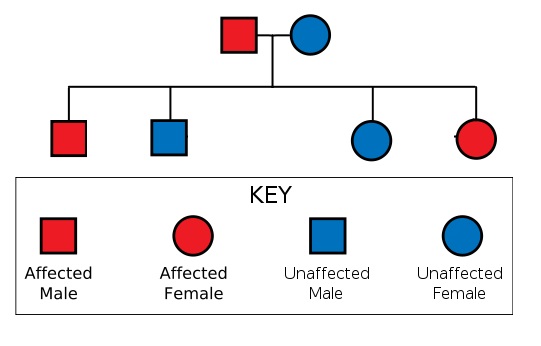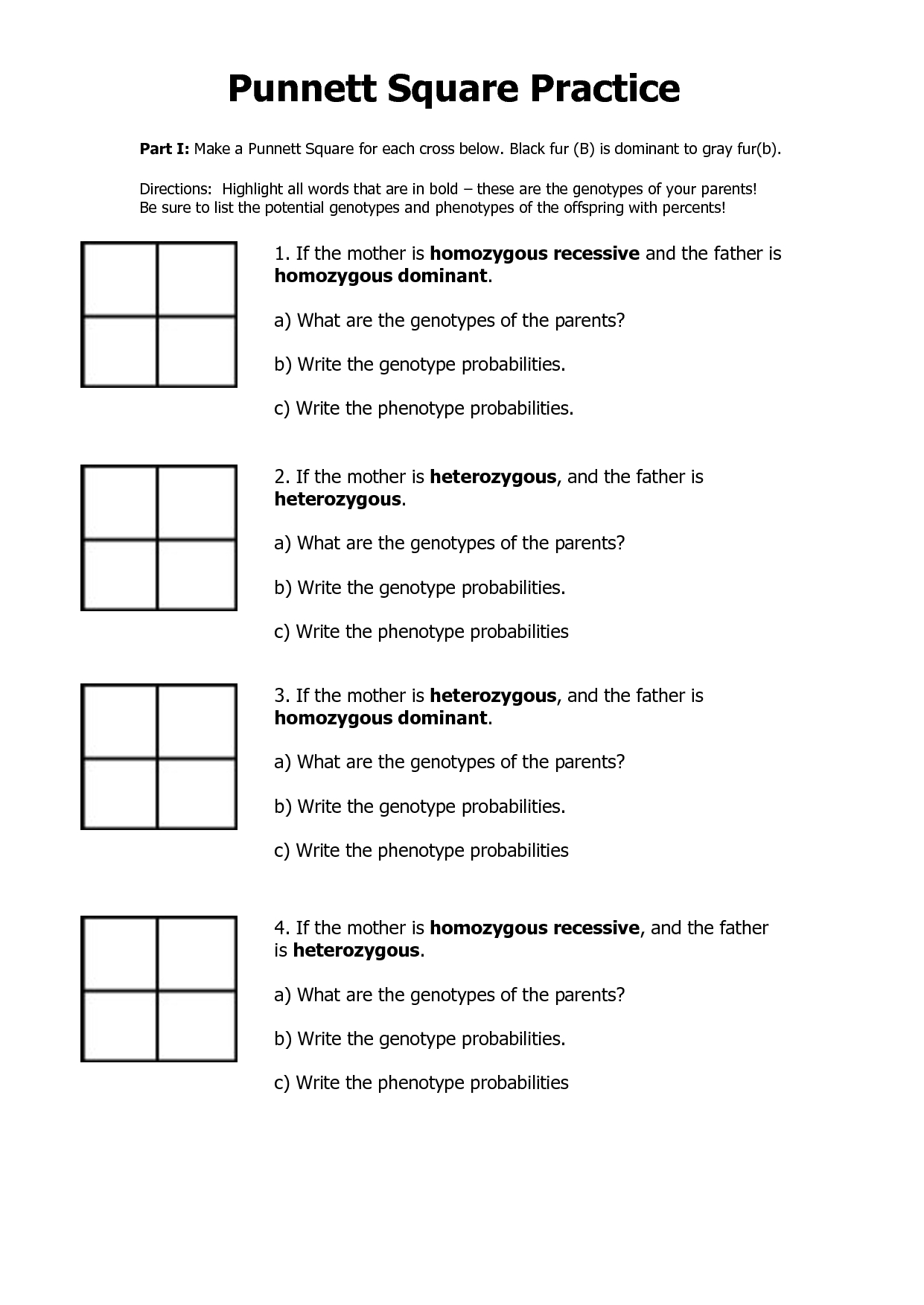Division of Complex Numbers Made Easy

Understanding Complex Numbers
Complex numbers are an essential concept in mathematics, particularly in algebra and calculus. They are used to extend the real number system to include numbers that can be expressed in the form a + bi, where a and b are real numbers and i is the imaginary unit, which satisfies i^2 = -1. In this article, we will explore the concept of complex numbers and provide a step-by-step guide on how to divide them.
What are Complex Numbers?
Complex numbers are numbers that have both real and imaginary parts. They are usually represented in the form a + bi, where a is the real part and b is the imaginary part. For example, 3 + 4i is a complex number, where 3 is the real part and 4i is the imaginary part.
Why Do We Need Complex Numbers?
Complex numbers are necessary to solve certain types of equations, particularly quadratic equations that cannot be solved using real numbers alone. They are also used in many mathematical and scientific applications, such as signal processing, control theory, and quantum mechanics.
How to Divide Complex Numbers
Dividing complex numbers is a bit more complicated than dividing real numbers. However, with a few simple steps, you can easily divide complex numbers.
Step 1: Multiply the Numerator and Denominator by the Conjugate of the Denominator
To divide complex numbers, we need to multiply the numerator and denominator by the conjugate of the denominator. The conjugate of a complex number a + bi is a - bi.
For example, if we want to divide 3 + 4i by 2 + 3i, we would multiply the numerator and denominator by 2 - 3i, which is the conjugate of 2 + 3i.
📝 Note: The conjugate of a complex number is used to eliminate the imaginary part from the denominator.
Step 2: Simplify the Expression
After multiplying the numerator and denominator by the conjugate of the denominator, we can simplify the expression.
Using the example above, we would have:
(3 + 4i) / (2 + 3i) = ((3 + 4i) * (2 - 3i)) / ((2 + 3i) * (2 - 3i))
Simplifying the expression, we get:
(3 + 4i) / (2 + 3i) = (6 - 9i + 8i - 12i^2) / (4 - 9i^2)
Since i^2 = -1, we can substitute -1 for i^2 and simplify further:
(3 + 4i) / (2 + 3i) = (6 - 9i + 8i + 12) / (4 + 9)
Combining like terms, we get:
(3 + 4i) / (2 + 3i) = (18 - i) / 13
Step 3: Write the Answer in the Form a + bi
Finally, we can write the answer in the form a + bi.
Using the example above, we can write the answer as:
(3 + 4i) / (2 + 3i) = 18⁄13 - 1/13i
And that’s it! We have successfully divided complex numbers.
Additional Tips and Tricks
Here are some additional tips and tricks to keep in mind when dividing complex numbers:
- Always multiply the numerator and denominator by the conjugate of the denominator.
- Simplify the expression by combining like terms.
- Use the fact that i^2 = -1 to simplify the expression.
Conclusion
Dividing complex numbers may seem daunting at first, but with a few simple steps, you can easily divide complex numbers. Remember to multiply the numerator and denominator by the conjugate of the denominator, simplify the expression, and write the answer in the form a + bi. With practice and patience, you will become proficient in dividing complex numbers.
What is the conjugate of a complex number?
+The conjugate of a complex number a + bi is a - bi.
Why do we need to multiply the numerator and denominator by the conjugate of the denominator?
+We need to multiply the numerator and denominator by the conjugate of the denominator to eliminate the imaginary part from the denominator.
What is the value of i^2?
+i^2 = -1.



